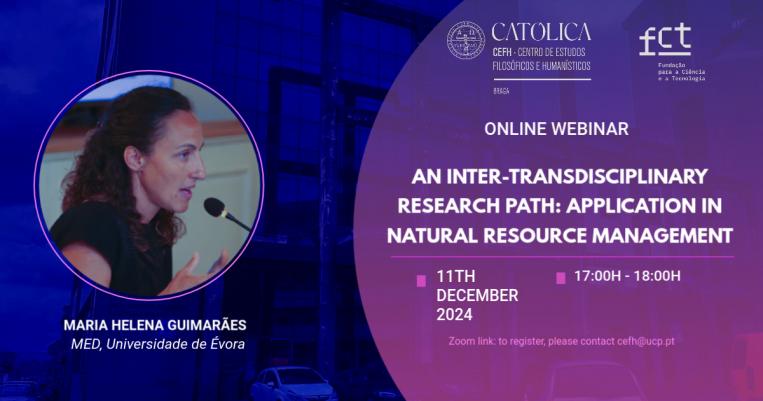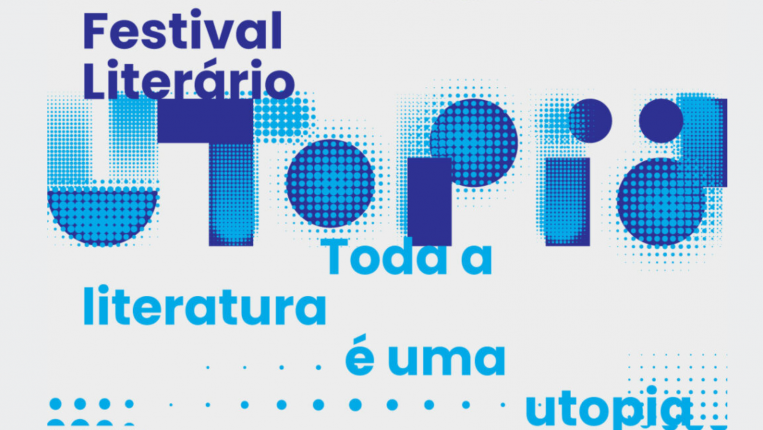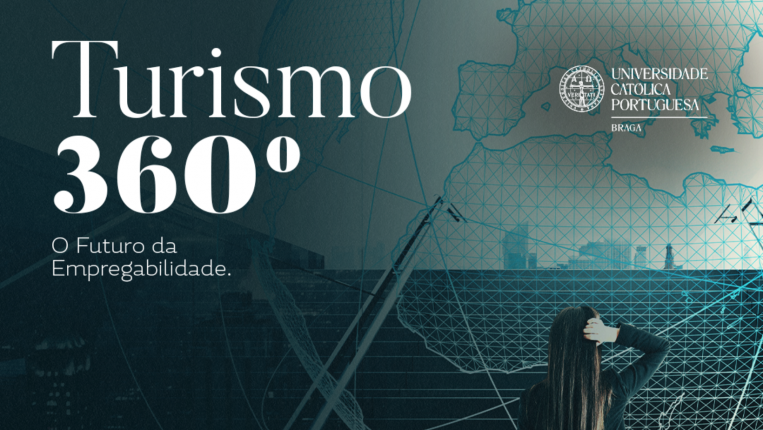
Short Biography
Biodiversity loss is one of the biggest societal challenges humans face. The simplification of ecosystems decreases the provision of goods and services that humankind depends upon (e.g. water, food, air quality). Increasing ecosystems diversity and heterogeneity are therefore critical societal goals that require integrated solutions which can only be found scattered across different disciplines, theories and methodologies from social sciences, political science and environmental economics as well as from outside the scientific community. A key approach and role within this is that of a trans-diciplinary facilitator: a researcher that implements coproduction of knowledge for the definition of actions that transform social-ecological systems. Their research activity is double folded into research in the specific theme (e.g. biodiversity loss, climate change, sustainability) and research on transdisciplinary theory building.
My research combines theory and practice to develop transformative solutions and uncover vital knowledge through transdisciplinary facilitation with a specific focus on sustainability at local and global scale. Building on my background in biology I make use of concept such as carrying capacity, non-linear relationships and resilience in structuring collaborative dialogue between scientific and tacit knowledge. In the process I also explore the critical role, skill sets and value of transdisciplinary facilitators: people whose role is to purposefully create the conditions that allow representatives of different disciplines, of the private and the public sectors, and of the civil society, to coproduce knowledge. Such facilitation models and roles are already well utilized in field of urban development with the implementation of co-design processes in planning projects. I believe that transdisciplinary facilitation applied to natural resource management will be transformative for effective implementation of sustainable management actions but requires being underpinned by research.



